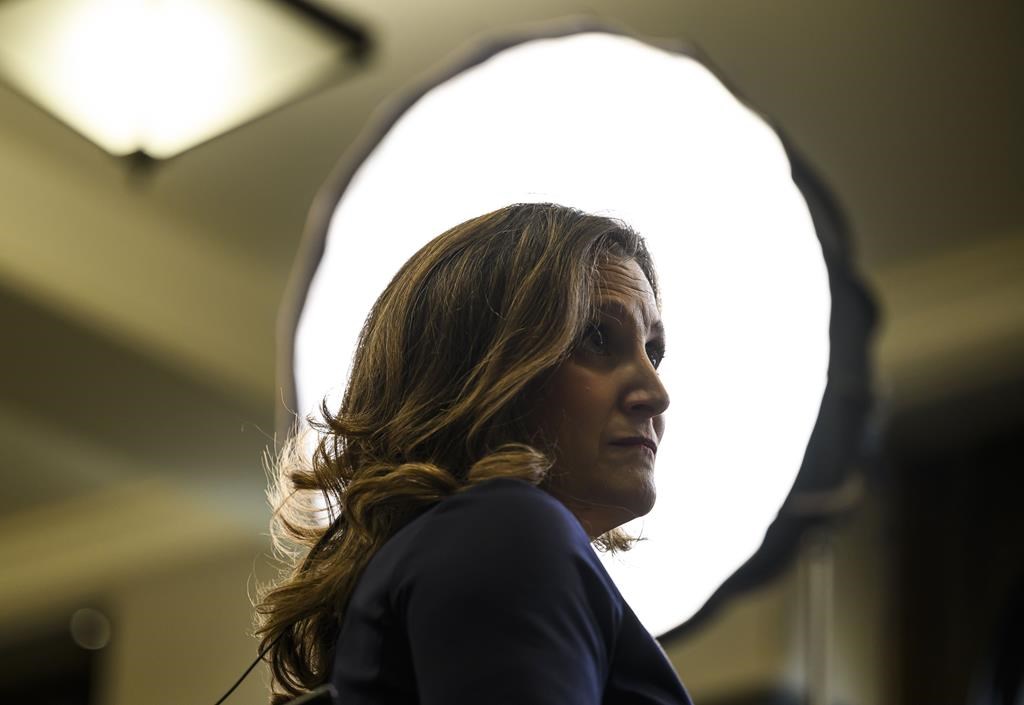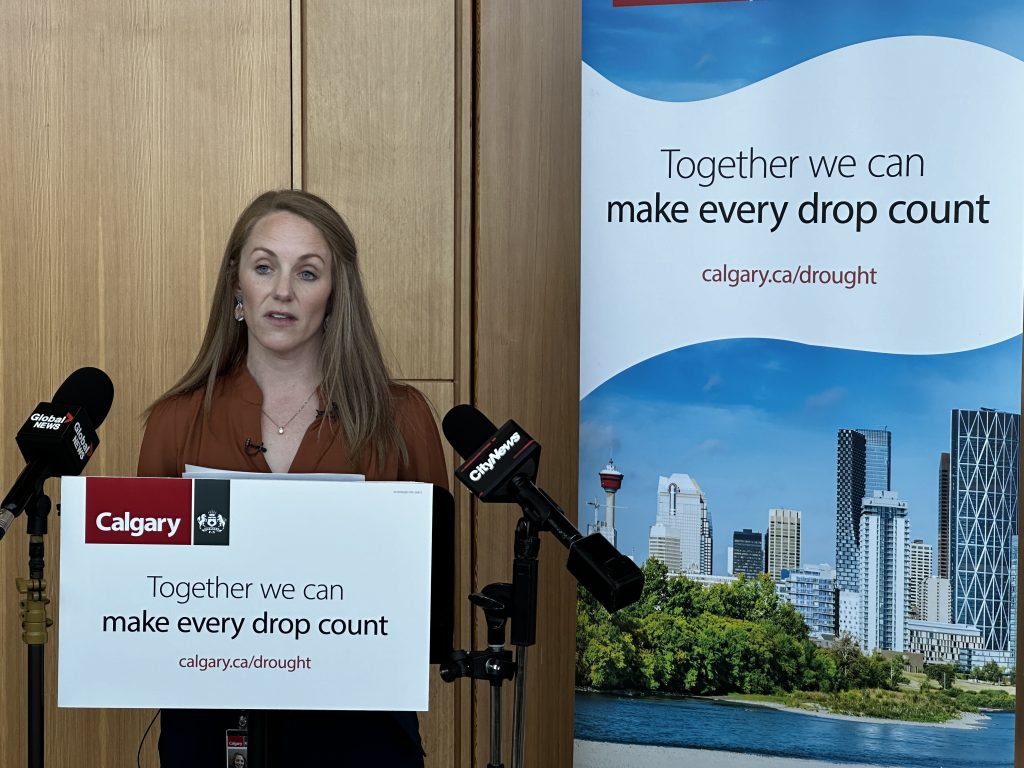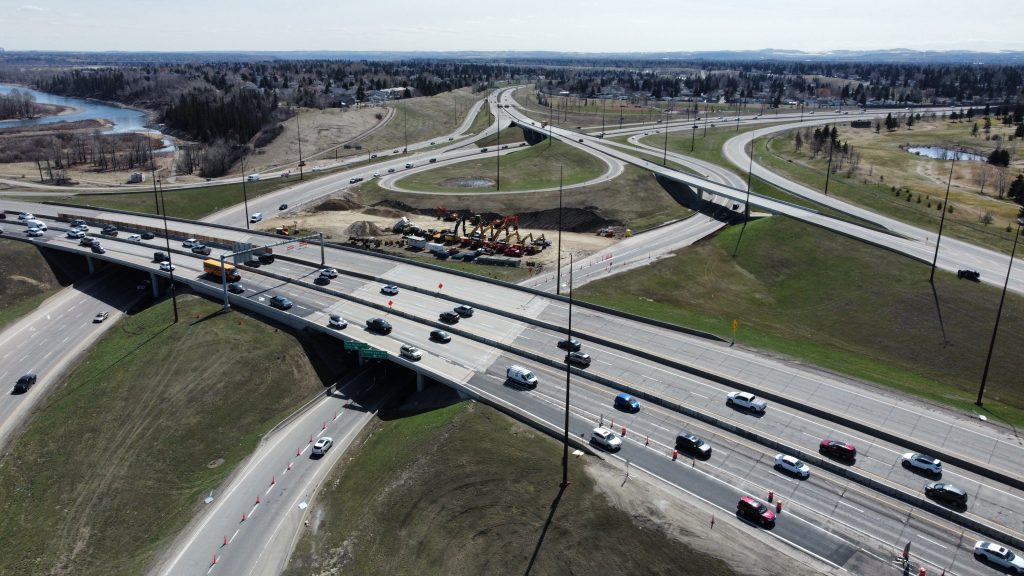Fighting escalates between Turkey and Kurdish rebels amid NATO unease
Posted Jul 28, 2015 4:06 am.
Last Updated Jul 28, 2015 1:40 pm.
This article is more than 5 years old.
ISTANBUL – Fighting between the Turkish military and Kurdish rebels escalated Tuesday amid signs of unease from NATO allies attending an emergency meeting about Turkey’s conflicts with the Islamic State group and the Kurds.
On a violent day, Turkish fighter jets pounded rebels from the Kurdistan Workers Party, or PKK after soldiers were fired on with heavy weaponry in Sirnak province, according to a military statement. Turkish soldiers also came under attack in two other incidents.
Meanwhile, NATO allies met in a rare emergency meeting at Turkey’s request and proclaimed “strong solidarity” with the country’s fight against the Islamic State group.
“The security of the alliance is indivisible,” ambassadors from all 28 NATO nations declared in a joint statement after the meeting.
But a NATO official said members also used the closed-door meeting to call on Turkey not to use excessive force in reaction to terror attacks, while urging it to continue peace efforts with representatives of the Kurdish minority. The official was not authorized to speak on the record and spoke on condition of anonymity.
The special session of the alliance’s main political decision-making body, the North Atlantic Council, was held at Turkey’s request under a clause of NATO’s founding treaty that empowers member countries to seek consultations if they believe their security, territorial integrity or political independence is at risk.
It was called after Turkish warplanes last week started striking militant targets in Syria in response to an Islamic State group suicide bombing in southern Turkey that left 32 people dead, and another IS attack on Turkish forces, which killed a soldier.
But in a series of cross-border strikes, Turkey has also targeted Kurdish fighters affiliated with forces battling IS in Syria and Iraq.
The Syrian Kurds have been among the most effective ground forces in the fight against IS and have been backed by U.S.-led airstrikes, but Turkey fears a revival of the Kurdish insurgency in pursuit of an independent state.
The spike in violence in recent days has prompted concerns that a promising peace process between Turkey and Kurdish rebels is falling beyond repair.
German diplomats said Tuesday it would be a mistake for Turkey to break off the peace process with the PKK now.
“We believe that it’s right to continue the process of rapprochement and to build on the positive steps of the past years,” a diplomat said, speaking on condition of anonymity because of the sensitivity of the issue.
As the ambassadors were gathering at NATO headquarters, Turkish President Recep Tayyip Erdogan told a news conference in Ankara that it was impossible to advance a peace process with the Kurds as long as attacks on Turkey continue.
The Kurds are an ethnic group with their own language living in a region spanning present-day Turkey, Iraq, Syria, Iran and Armenia. The Kurdistan Workers’ Party, or PKK, has fought Turkey for autonomy for Kurds in a conflict that has claimed tens of thousands of lives since 1984.
In the past few days, the PKK has launched a number of attacks on Turkish security forces and Turkish jets have targeted both the PKK’s mountainous headquarters in Iraq and Kurdish fighters in a Syrian village, a Kurdish militia and an activist group said.
On Tuesday, a Turkish soldier died after he was shot in the head by a Kurdish militant near the border with Iraq, Turkey said. In a second incident in Sirnak province, suspected PKK rebels hurled a bomb at a military vehicle, wounding one soldier, the state-run Anadolu Agency reported.
The developments follow a decision last week by Turkey’s leaders to allow the U.S. to launch its own strikes against the Islamic State group from its strategically located Incirlik Air Base.
Erdogan told reporters in Ankara that Turkish and U.S. officials were also discussing creation of a safe zone near Turkey’s border with Syria, which would be cleared of IS presence and turned into a secure area for Syrian refugees to return.
Asked for his opinion, NATO secretary-general Jens Stoltenberg said “NATO is not part of these efforts. This is something that is discussed on a bilateral basis between Turkey and the United States.”
Stoltenberg said the Turks did not use the meeting Tuesday to request military assistance from other NATO members.
“What we all know is that Turkey is a staunch ally, Turkey has very capable armed forces — the second largest army within the alliance,” the NATO chief told reporters after the session, which was the fifth such meeting in the alliance’s 66-year history and lasted a little over an hour.
The alliance official who spoke on condition of anonymity said Turkey’s allies unanimously spoke at the meeting in favour of its “right to defend itself.” One outside analyst said eliciting such support may have been why Turkey sought the unusual forum in the first place.
“I think the main purpose is to give them some reassurance in terms of their bombing campaign in Syria and northern Iraq so that they won’t be accused of violating international law,” said Amanda Paul, a senior policy analyst and specialist on Turkey at the European Policy Center, a Brussels think-tank . “They wanted to cover their backs basically by having NATO say, ‘OK it’s fine.'”
For some NATO members and independent observers, it’s unclear whether Turkey’s No. 1 target in the recent attacks is the Islamic State group or the Kurds, said Ian Kearns, director of the European Leadership Network, a London-based think-tank .
“There is no difference between PKK and Daesh,” Turkish Foreign Minister Mevlut Cavusoglu said Monday, using an Arabic acronym to refer to IS.
___
Dahlburg reported from Brussels. Mark D. Carlson in Brussels, Suzan Fraser in Ankara and Frank Jordans in Berlin contributed.










